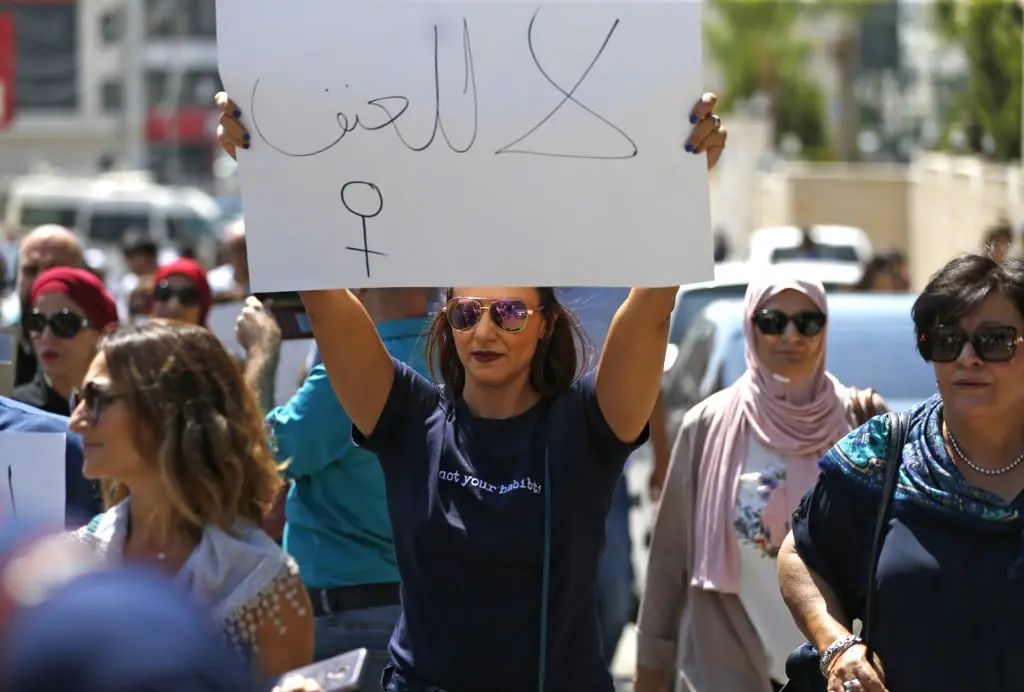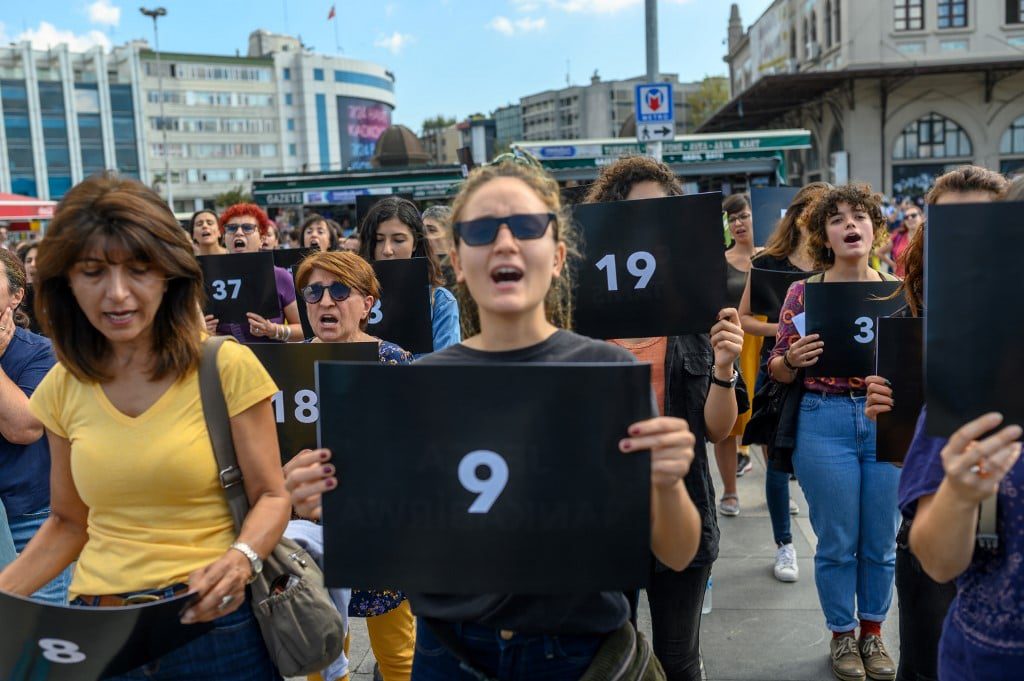
There cannot be true development in the Middle East without progress on women’s rights.
By: César Chelala
Gender violence, manifested essentially as violence against women, is one of the most significant epidemics in the Middle East today.
This kind of violence occurs in practically all countries in the region and affects families of all backgrounds, religions and social spheres. It affects not only families but societies as a whole.
It is estimated that 37% of women in Arab countries have experienced domestic violence. According to a United Nations report, approximately 200,000 women were victims of domestic violence in Israel between 2014 and 2015.
Various cultural, economic and social factors, including shame and fear of retaliation from their partners, contribute to women’s reluctance to denounce these acts.
The women who speak up mostly turn to their families and friends rather than the police. The lack of effective judicial response to their accusations contributes to their discouragement. North Africa and the Middle East have the fewest legal protections against domestic violence.
Consequences of domestic violence
“Violence against women has multiple consequences, at the individual level, within the family, community and wider society. It can lead to fatal outcomes and have a significant burden on the economy,” said Manal Benkirane, regional program specialist at the UN Women’s Regional Office for Arab States.
Worldwide, violence is as common a cause of death and disability as cancer is among women of reproductive age. It is also a greater cause of ill-health than traffic accidents and malaria put together.
Public health experts increasingly consider violence against women a public health issue, one requiring a public health approach.
The experience of violence makes women more susceptible to a variety of mental health problems such as depression, suicide and alcohol and drug abuse.
Sexual violence also increases women’s risk of contracting sexually transmitted diseases, including HIV/AIDS (through forced sexual relations or because of the difficulty in persuading men to use condoms). It may also lead to serious gynecological problems.
A global problem
The World Organization against Torture has expressed its concern regarding the high levels of violence against women worldwide.
Although provisions related to domestic violence are included in several national policies and laws, there are difficulties in implementing them.
According to the World Health Organization (WHO), “nearly half of women who die due to homicide are killed by their current or former husbands or boyfriends.”

Public health experts increasingly consider violence against women a public health issue. Studies carried out in the Arab world show that 70% of violence occurs in big cities, and that in almost 80% of cases those responsible are the heads of families, such as fathers or eldest brothers.
In most cases, they assert their right to punish their wives and children in any way they see appropriate.
Of the 22 United Nations Economic and Social Commission for Western Asia (ESCWA) member states, only Jordan, Lebanon, Tunisia, Morocco, Bahrain and Saudi Arabia are considered to have laws to protect women against domestic abuse.
The good news
There has been some progress, however, regarding this problem. Tunisia, for example, continues to raise the bar for Arab women’s rights in the 21st century.
In 2014, The Ministry of Women and Family Affairs wrote a draft bill condemning and criminalizing domestic violence. The draft law was approved in 2016.
In Lebanon, there are no reliable statistics about domestic violence, a subject that still remains a taboo in Lebanese society.
In 2009, the second Arab Regional Conference for Family Protection took place in Jordan. It was held under the patronage of Her Majesty Queen Rania, chairperson of the National Council for Family Affairs (NCFA).
The conference formulated a unified strategy for safeguarding families from domestic violence, with the attendance of family experts and sociologists from the Arab world.
In Morocco, the Union of Women’s Action (UAF) has organized forums to raise public awareness of violence against women, and lobby local groups to protect victimized women.
At the same time, counseling centers have been set up to allow women to talk about their problems and receive help.
In Egypt, where the phenomenon is pervasive in society, Beit Hawa (The House of Eve) was founded as the first comprehensive women’s shelter in Egypt and the Arab world.
In December of 2018, protesters across Israel criticized the government’s failure to address violence against women.
Chanting to Prime Minister Benjamin Netanyahu “wake up, our blood is not cheap,” the protest was a reaction to the killings of 24 women last year at the hands of a partner, family member or an acquaintance.
After the protests, the Welfare Ministry reported a 150% increase in complaints about domestic violence cases in the country.
Addressing domestic violence
However, more work has to be done if this epidemic of violence is going to be controlled.
Government and community leaders should spearhead efforts to create a culture of openness and support to eliminate the stigma associated with this problem.
Furthermore, it is necessary not only to enact but also to enforce legislation that criminalizes all forms of violence against women, including marital rape. Laws should be followed up with plans for specific national action.
The 2009 report by the UN Economic and Social Commission for Western Asia (ESCWA) stated that women’s lack of social participation “is primarily attributable to the existence of discriminatory laws, failure to implement the nondiscriminatory legislation that does exist and a lack of awareness by women of their rights in such matters.”
There cannot be true development in the Middle East without women’s progress and the recognition of their rights.
As a Human Development Report stated, “The rise of Arab women is in fact a prerequisite for an Arab renaissance and is causally linked to the fate of the Arab world and its achievement of human development.”
Remark: This article was originally published by https://www.theglobalist.com/ in September 17, 2019.


